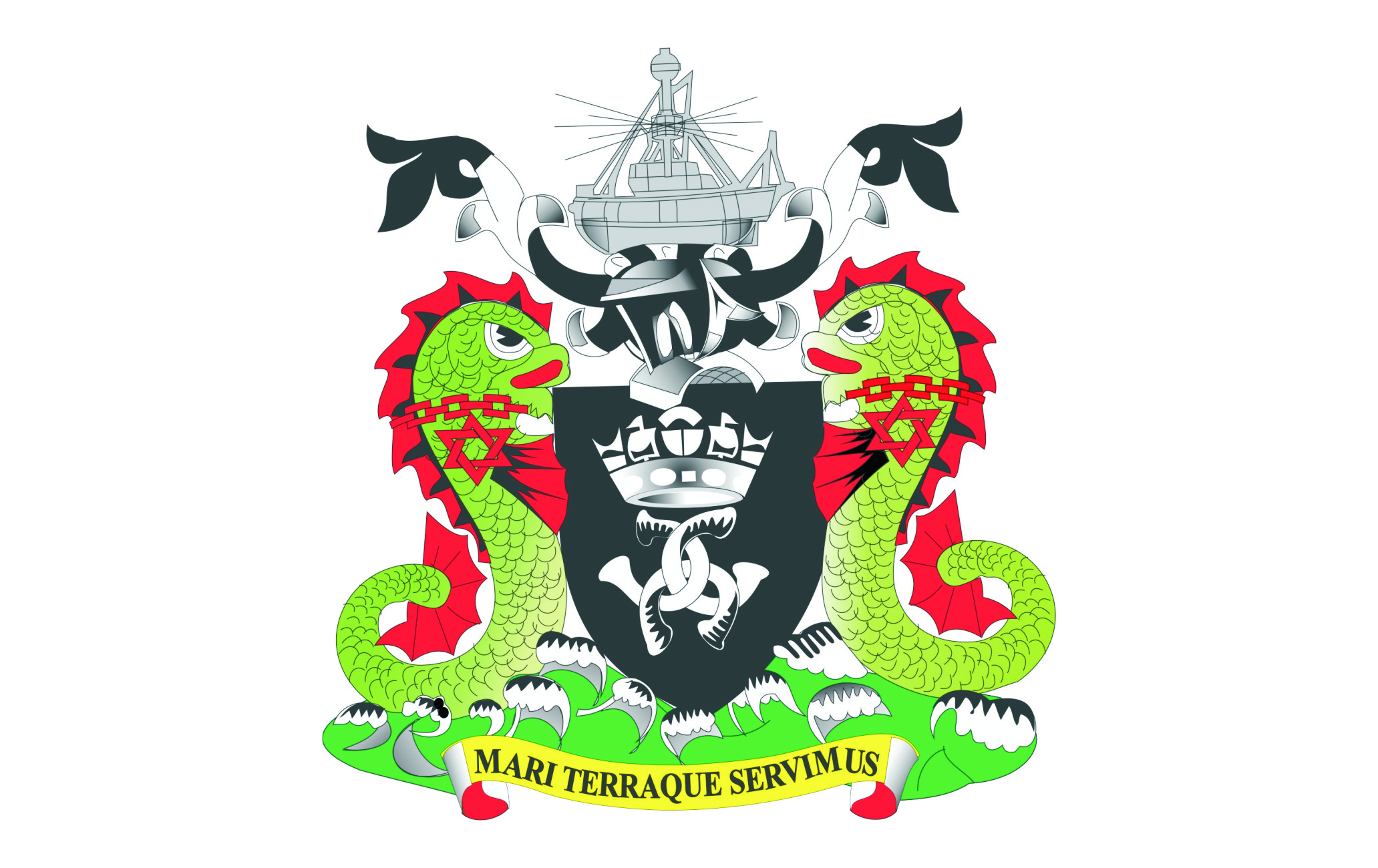Business
‘Lekki Port’s Improved Dwell-Time, Fulfilment Of NPA’s Dream’

The Managing Director (MD), Nigerian Ports Authority (NPA), Mohammed Bello-Koko, has said the improved vessel dwell-time at Lekki Port is in fulfilment of the authority’s promise to deliver on speedy cargo dwell-time through improved efficiencies at the nation’s seaports.
The Port, weekend, berthed a 300 Meter Length Over All (LOA) vessel and released the carrier same day.
The vessel, christened CMA-CGM RABELAIS, which has an impressive capacity of 6570 TEUs, will be discharging and loading cargo.
The journey of the vessel originated from Shanghai, China before it called at Lekki Port.
Speaking against the backdrop of the Lekki Port berthing a commercial vessel and also releasing it on same day, Bello-Koko said the authority will improve on the milestone.
The NPA boss said, “the fact that this vessel is departing country on same day it berthed is a fulfillment of our promise to deliver on speedy cargo dwell-time through improved efficiencies, and state-of-the-art machineries, and I am delighted to assure that we are committed to continuously improving on this milestone”.
Also speaking on the milestone, the Assistant Harbour Master for Lekki Port, Captain Monday Gajere, said the marine equipment procured by the authority set the pace for seamless berthing of the vessel.
He said: “The thorough navigation risk assessment involving Pilots, Tugs and Mooring gangs set the pace for seamless berthing of the large cargo carrier is a demonstration of the NPA’s talent-readiness to maximise the competitive advantages that Lekki Port deep draught and state-of-the-art equipment offers as Nigeria advances towards attaining Port hub status”.
By: – Nkpemenyie Mcdominic, Lagos
Business
Two Federal Agencies Enter Pack On Expansion, Sustainable Electricity In Niger Delta

Business
Why The AI Boom May Extend The Reign Of Natural Gas

Business
Ogun To Join Oil-Producing States ……..As NNPCL Kicks Off Commercial Oil Production At Eba

-

 Sports2 days ago
Sports2 days ago2026 WC: Nigeria, DR Congo Awaits FIFA Verdict Today
-

 Environment2 days ago
Environment2 days agoOxfam, partners celebrate 5 years of climate governance programmes in Nigeria
-
Politics2 days ago
ADC, PDP, LP Missing As INEC Set For By- Elections In Rivers
-
Politics2 days ago
FG’s Economic Policies Not Working – APC Chieftain
-

 Politics2 days ago
Politics2 days ago2027: Diri Unveils RHA LG Coordinators, APC Congress Panel
-

 Politics2 days ago
Politics2 days agoReps To Meet,’Morrow Over INEC’s 2027 Election Timetable
-

 Politics2 days ago
Politics2 days agoGroup Continues Push For Real Time Election Results Transmission
-
Sports2 days ago
Sunderland Overcome Oxford Challenge

